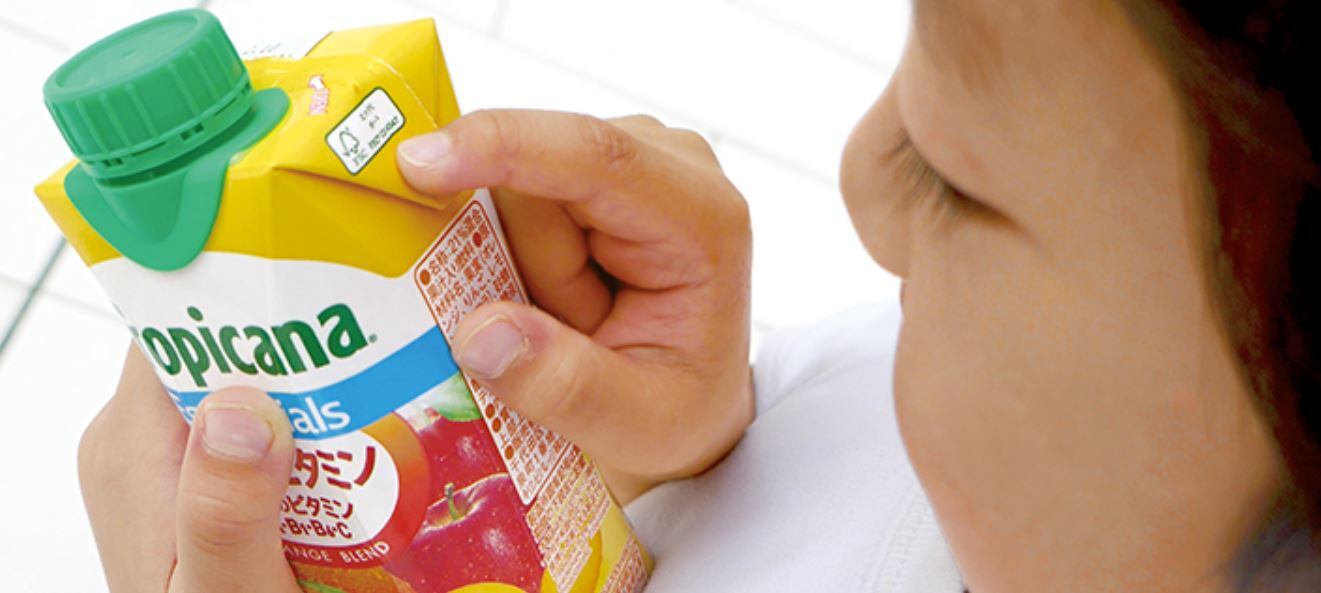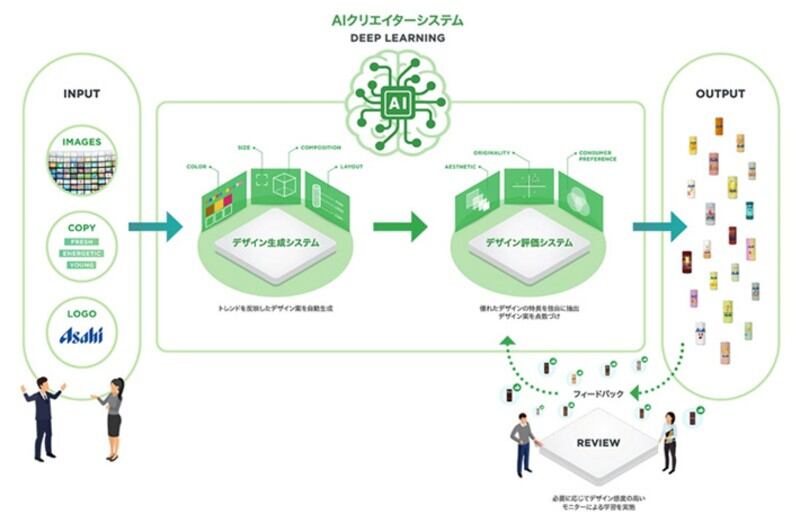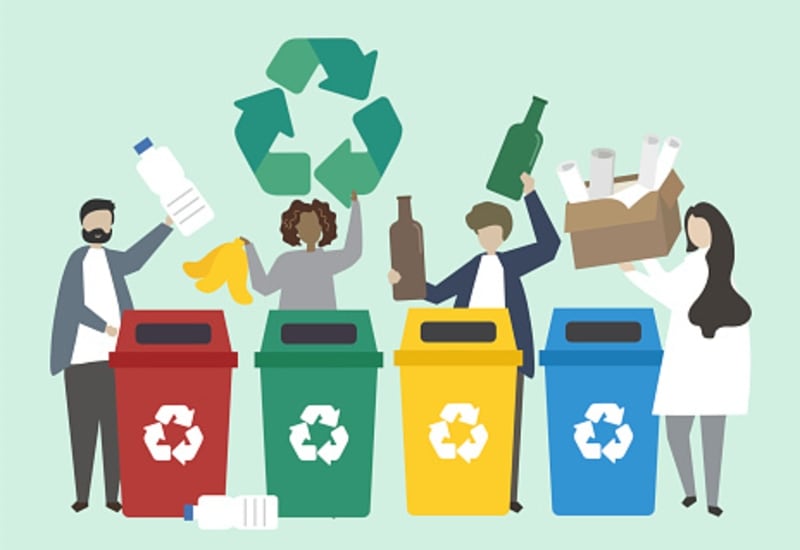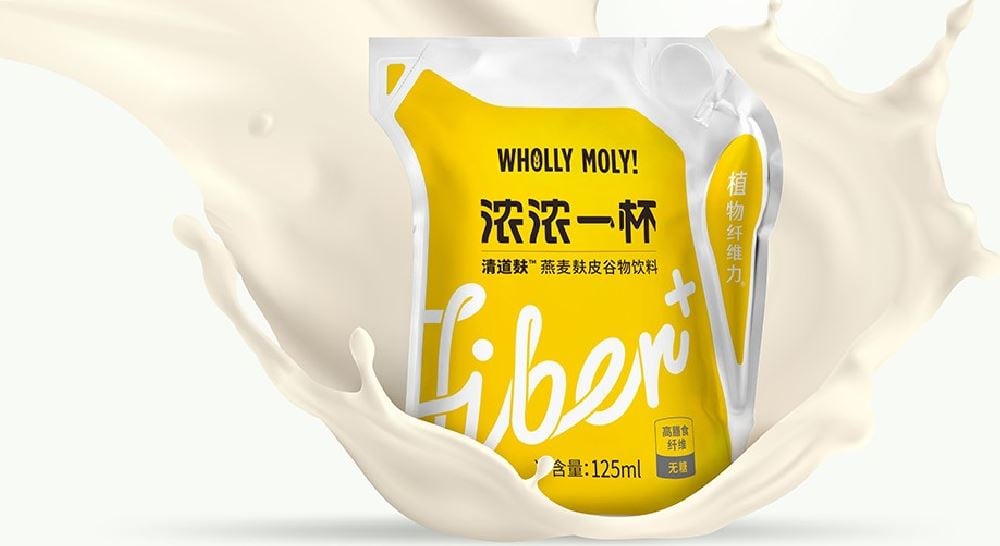GSC-certified paper will replace the existing paper-based primary and secondary packaging for Kirin’s juice, beer, and other drinks.
Within its business units, Kirin Beverage was first transitioned to FSC-certified paper in 2016 for its Tropicana (250mL) paper pack.
Then in 2017, Kirin Brewery switch to FSC-certified paper for its Ichiban six-can beer packs and gift boxes.
Kirin Brewery and Kirin Beverage had completed the switch to FCS-certified paper since November 2019. Mercian Corporation, one of Kirin’s wine subsidiary recently announced its last fruit wine products such as the plum wine (Makkoi Umeshu) have undergone the transition.
With this, Kirin Holdings has achieved the switch to 100% FCS-certified paper packaging across all its domestic beverage business.
Kirin’s other subsidiaries including pharmaceutical and F&B ingredient manufacturer Kyowa Kirin, and its joint venture with supplement and cosmetic company FANCL are also working on switching to FSC-certified paper, but have not yet set a target.
Paper friendly
Kirin sources its FSC-certified paper from paper-manufacturing companies that manufacture corrugated boxes, six-pack paperboard, paper packs, and gift boxes.
The FSC certification means the raw material (wood and wood-related) have been responsibly sourced from well-managed forest and regenerative resources.
In terms of environmental impact, Keiichiro Fujiwara, senior adviser from Kirin’s Creating Shared Value (CSV) strategy department, explained it was difficult to quantify carbon footprint reduction by switching to FSC-certified paper, because its supplier does not reveal calculations.
“Qualitatively, we believe that the use of well-managed forest resources is important for the conservation of forests as a carbon sink.”
“Preserving forests with nutrient functions such as water storage, flood mitigation, and water purification can also help to smooth storm water runoff to rivers and produce purified water,” he said.
Renewable energy
In another pillar, Kirin Brewery revealed that it plans to increase its renewable energy use from 18% in 2019, to 27% by 2021.
To do so, its brewery plant in Nagoya will switch to 100% renewable electricity in 2021. The solar power is sourced from Mitsubishi Corporatioin Power Ltd. Kirin had previously worked with Mitsubishi in other emission reducing initiatives, such as converting fuel to gas.
The switch to renewable energy is expected to reduce 7,400 tons of greenhouse gases annually for the Nagoya plant.
Sun power
Kirin Brewery also revealed that it would begin to install solar panels at four of its breweries (Sendai, Nagoya, Shiga and Kobe) from February 2021, with the ability to reduce total greenhouse gas emissions by 4,500 tons annually.
Similar to above, Mitsubishi will supply the solar power system, installing it on the rooftops of the four breweries.
Sosuke Yoshikawa, senior manager from the CSV strategy department said consumers in Japan were increasingly conscious of reducing carbon footprint for the sustainability of the planet.
“The UN’s Sustainable Development Goals (SDGs) are being addressed in school, and the understanding of ethical consumption is growing. In addition, the government's announcement of the 2050 Net Zero initiative will further accelerate the increase in awareness.”
Recently, the Japanese government announced its 2050 Net Zero initiative which aims to cut the country’s carbon emissions to net zero by 2050.
Overseas, Kirin Holdings subsidiary, Kyowa Hakko Bio will also convert 25% of its energy (reduction of 5,300 tons of greenhouse gas) used in its Thailand facilities to renewable energy.
With this move, Kirin Holdings will become the first Japanese pharmaceutical and F&B company to enact such measures in Thailand.
In November 2020, Kirin Group joined the RE100 initiative, an international environment initiative to achieve 100% renewable energy by 2040.




